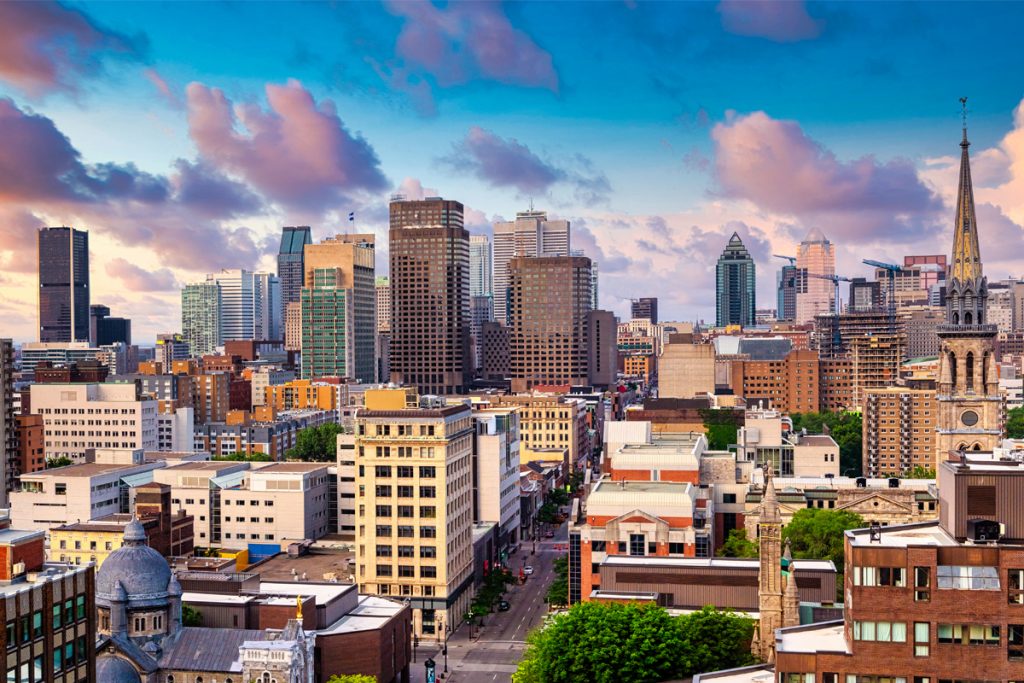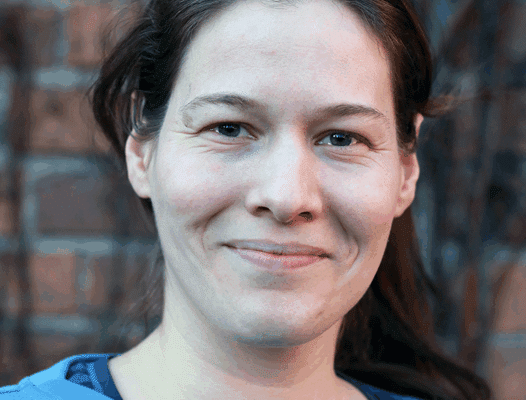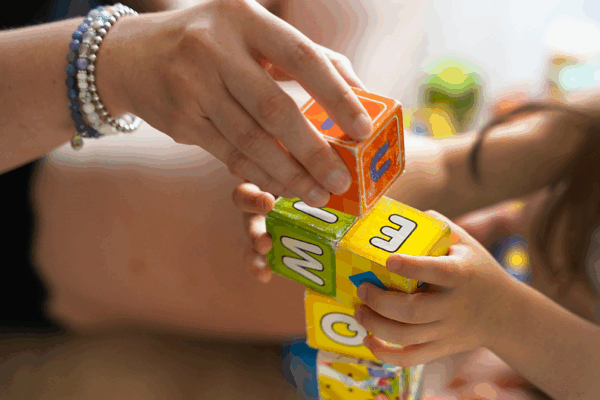- Research
A research team is exploring the relationships between Indigenous and non-Indigenous individuals in urban areas.

A research team from the Institut national de la recherche scientifique (INRS) and Mikana released on June 21, National Indigenous Peoples Day, the preliminary results of a collaborative research project. Focusing on the relationships between Indigenous and non-Indigenous individuals in urban areas, this research aims at raising awareness of First Peoples’ issues, fighting against systemic racism and contributing to the visibility of Indigenous spaces and narratives in Montreal.
“In Quebec, there is little research on relations between Indigenous and non-Indigenous individuals in urban areas. This makes this project quite unique,” says Stéphane Guimont Marceau, a professor at INRS and lead researcher on the project.
The project, which began in Montreal in 2019, will expand to several cities in Quebec, thanks to a $95,427 grant from the Social Sciences and Humanities Research Council (SSHRC) that the team recently received.
Raising awareness to fight prejudices
A total of 1,000 non-Indigenous Montrealers responded to a survey aimed at identifying their socio-spatial representations of Indigenous peoples and the spaces they associate with this population. Focus groups were also conducted between June 2020 and February 2021. Participants then took part in awareness-raising workshops given by Mikana’s youth ambassadors.
“Through this research, we want to address the lack of knowledge and prejudices about non-Indigenous peoples that negatively affect our relationships and find solutions regarding places, positive encounters, cohabitation and the indigenization of cities. Indigenous individuals have the right to be in a city where they feel at home and safe.”
Widia Larivière, Cofounder and Executive Director of Mikana
“We found that there are rather positive representations or representations that indicate a better knowledge of the realities and communities of First Nations,” adds Professor Guimont Marceau. However, certain negative and stigmatizing representations, stemming from historical events or a lack of knowledge, still seem to be deeply rooted among the population.”
The other component of the research was conducted with Indigenous individuals from a co-creative perspective using Indigenous research approaches.
“We gathered Indigenous individuals who were interested in participating in sharing circles and telling us their stories. The idea was for those who wanted to, to tell us about their experiences and their analysis of the spaces and relations with non-Indigenous people in Montreal,” explains Widia Larivière, Cofounder of Mikana, whose mission is to work towards social change by raising awareness of the realities and perspectives of Indigenous peoples.
Urban spaces as “drivers” of change
“The changes that are currently taking place are very much occurring in urban environments. Almost 70% of the Indigenous workforce lives in cities,” says Professor Guimont Marceau, who focuses on social relations in spaces and the role they play in processes of exclusion and inclusion.
Preliminary results from this collaborative research show a willingness to engage with and understand Indigenous peoples. According to the research team, findings indicate, however, that this openness coexists with negative representations, a lack of gathering spaces in the city and limited access to Indigenous peoples and their stories.
“We want to make different audiences aware of the realities and perspectives of Indigenous peoples. Beyond scientific objectives, this research must have concrete social and political impacts.”
Professor Stéphane Guimont Marceau at Urbanisation Culture Société Research Centre of INRS
In addition to Stéphane Guimont Marceau and Widia Larivière, collaborators on the project “Renégociation des relations entre personnes autochtones et non autochtones au Québec: Urban Spaces and Social Representations between Tension and Reconciliation” are Elisa Cohen-Bucher, coordinator of Mikana, professor Magalie Quintal-Marineau (co-applicant), postdoctoral researcher Marie-Ève Drouin-Gagné of INRS, Thomas Saias of the Université du Québec à Montréal, as well as a whole team of undergraduate and graduate research assistants, including Indigenous women students.



